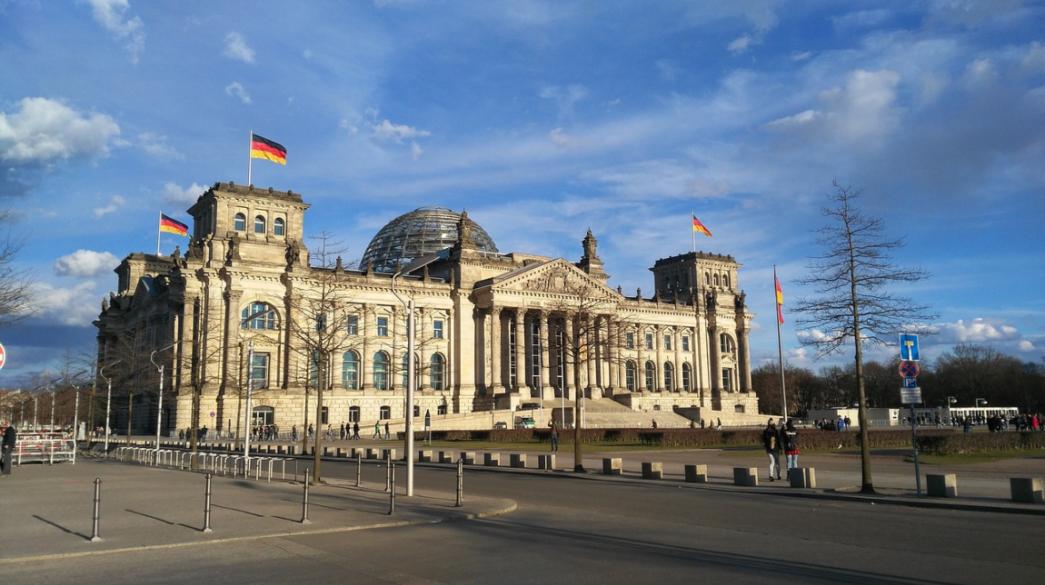"I feel the optimism of the Greek government and we share it," Miguel Berger, Director-General for Economic Affairs and Sustainable Development at Germany's Federal Foreign Office told Athens-Macedonian News Agency (ANA) on Saturday.
Berger highlighted the recent visit of Prime Minister Kyriakos Mitsotakis to Berlin as "highly successful," before adding how "we will continue to work intensely with this particularly growth-friendly government in all areas. I am sure we will find many."
He added that after Greece exited the memorandum "the (favorable) conditions are there, and we are pleased that Germany will be the honored country at the Thessaloniki International Fair 2020. We want to use our TIF presence to bring more German companies to Greece," he proclaimed.
Berger appeared confident that "we will succeed in playing a role in the world in the future, but the key to achieving this is the cohesion of EU member states."
A common European economic policy already exists, observed Berger, but "the global role of the euro must be strengthened," he emphasized, then mentioned his belief that Eurobonds should be issued, even though he admitted there is some controversy in Germany over this matter, thus he said how "we must weigh up the risks involved."
Asked about why the Chinese invested in Greece during the financial crisis and the Europeans did not, Berger replied that "China has recognized the geostrategic importance of Greece, one cannot dispute this."
"What worries us though," he said, "is when initiatives like 17+1 are created, when China gains (expanded) political influence and could divide Europe."
"Every country is trying to attract the necessary investment and that is, of course, legitimate," Berger admitted, and added that "European banks and institutions are bound by European standards which the Chinese do not have. This is the very big difference we have to deal with," he concluded.


